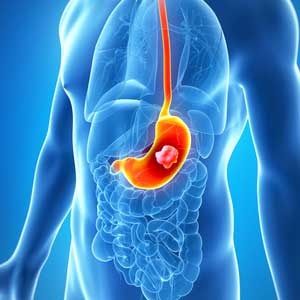
During the Oscar Pistorius trial Reeva Steenkamp's stomach contents and "gastric emptying" was discussed, and though it could point to some inconsistencies in Oscar's statements, it is by no means an exact science.
Prof Gert Saayman, who performed the post mortem on Reeva Steenkamp, said to questioning from prosecutor Gerrie Nel that Steenkamp's bladder would have been empty had she gone to the toilet between 30 minutes to an hour before her death.
He told the high court that the post mortem report revealed that not much liquid was found in Steenkamp's bladder after she was shot. It was about a teaspoon-full.
Asked about her stomach contents, Saayman said she could have eaten her last meal about two hours before her death.
During his bail application in 2013, Pistorius said he and Steenkamp were in his bedroom at his home in Silver Woods, Pretoria around 10pm where she was doing yoga. After that they went to bed.
Reeva was shot and killed around 3am - 5 hours later.
Saayman said that estimating the time of gastric emptying was not an exact science and that he was relying on his years of experience and studying.
He also said that about 200ml of partially digested food, mainly vegetables with whitish cheese-like particles, were found in Steenkamp's stomach.
Factors that affect a conclusion on a last meal
He said digestion time depended on how much food was eaten but also on the type of food eaten - proteins taking the longest and leaving the stomach slowly, carbohydrates taking less time, and fluids passing through quickly.
A small volume of food, such as a light meal or snack, would probably be emptied from the stomach within 90 to 180 minutes completely.
A more substantial medium meal takes two to four hours and a big meal of 1.5kg or more may remain in the stomach for as long as six hours.
Gastric emptying stopped when a person died and the food in the stomach remained there.
How gastric emptying works
Professor Richard Bowen of the Colorado State University explains that, after consuming a typical solid meal, there is a lag time of 20 to 30 minutes in which there is minimal gastric emptying.
This is followed by a phase in which the rate of emptying is roughly linear. Liquids are generally transported out of the stomach at an exponential rate.

Graph by R Bowen, Colorado State University
He confirms that the time required for material to move through the digestive tube is significantly affected by the composition of the meal but that factors such as psychological stress and even gender and reproductive status also play a role.
Read more:
What happens when someone is shot
What we know about Reeva's injuries
Why Oscar was vomiting in court




 Publications
Publications
 Partners
Partners














